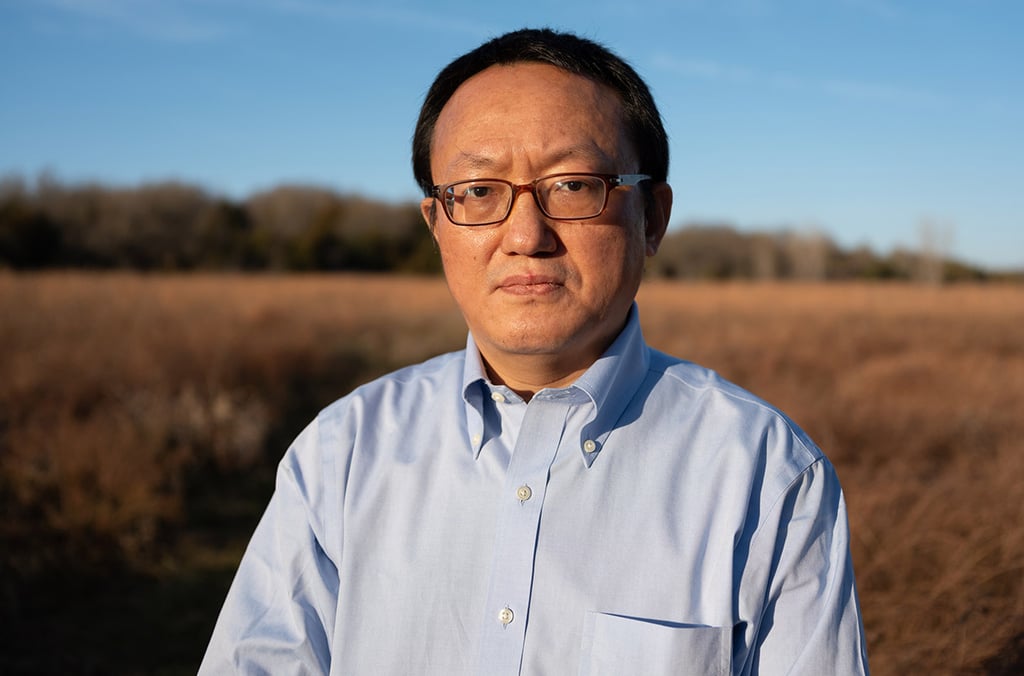A growing number of ethnic Chinese scientists have chosen to leave America to return to China in recent years – an exodus accelerated by a US government probe which attempted to combat economic espionage but ended up prosecuting academics, a Stanford University study has found.
While most China-born, US-based scientists intend to stay in the United States, departures have grown steadily, from 900 in 2010 to 2,621 in 2021.
And since the 2018 implementation of the “China Initiative”, there has been a 75 per cent increase in Chinese scientists leaving the US, according to the team of researchers from the Stanford Centre on China’s Economy and Institutions.
Meanwhile, the percentage of those leaving the US who chose to relocate to mainland China and Hong Kong increased from 48 per cent in 2010 to 67 per cent in 2021, according to the findings published on July 15.
“Chinese immigrants have become a large and visible demographic group in American science, technology and engineering. However, the pressure of potential federal investigations since the 2018 launch of the China Initiative … have provided scientists of Chinese descent in the US with higher incentive to leave and lower incentive to apply for federal grants,” the researchers wrote.
While attracting and retaining scientific talent from China “is important for continued US leadership in science”, the team wrote, the numbers suggest achieving that “requires alleviating fears and cultivating a welcoming environment for conducting scientific research”.
The US Department of Justice reportedly investigated thousands of scientists suspected of hiding Chinese connections under the China Initiative, which was launched during former president Donald Trump’s administration. Most cases were quickly dropped due to lack of evidence, and the programme was scrapped in 2022.
However, the probe has been criticised for causing far-reaching damage, from devastating academic careers and disrupting lives to creating a chilling effect on the scientific community and US-China collaboration.
Earlier this month, former University of Kansas chemist Franklin Feng Tao was acquitted of his final conviction under the China Initiative, after a five-year legal battle that has left his family in severe financial difficulties.
In their study, the Stanford team used the database Microsoft Academic Graph, tracking the publications of over 200 million scientists through to 2021, to identify a total of 19,955 scientists of Chinese descent who began their careers in the US but later left for other countries, including China.

They found the number of departures steadily increased from 2010 across major STEM fields, such as life sciences, engineering and computer science, and mathematics and physical sciences.
While this change was partly due to “pull factors” from China, with heavy investment in science and competitive compensation offered to returnees, the China Initiative appeared to be “a significant push factor”, the researchers wrote.
In a separate online survey conducted with more than 1,300 US-based, ethnic Chinese scientists, the researchers hoped to better understand the long-term impact of the China Initiative on the scientific community.
They found that 42 per cent were “fearful of conducting research” in the US, while 65 per cent worried about collaborations with China. More than 70 per cent of those surveyed “did not feel safe as an academic researcher in the US”.
Nearly half of the participants who had received federal grants now wished to avoid applying for them, they also found.
On top of that, 61 per cent said they had considered leaving the country – a sharp contrast to a decade ago when nearly 90 per cent of China-born junior researchers said they would stay in the US.
“Despite an overall fearful sentiment, 89 per cent of respondents indicated their desire to contribute to US leadership in science and technology,” the team wrote.


